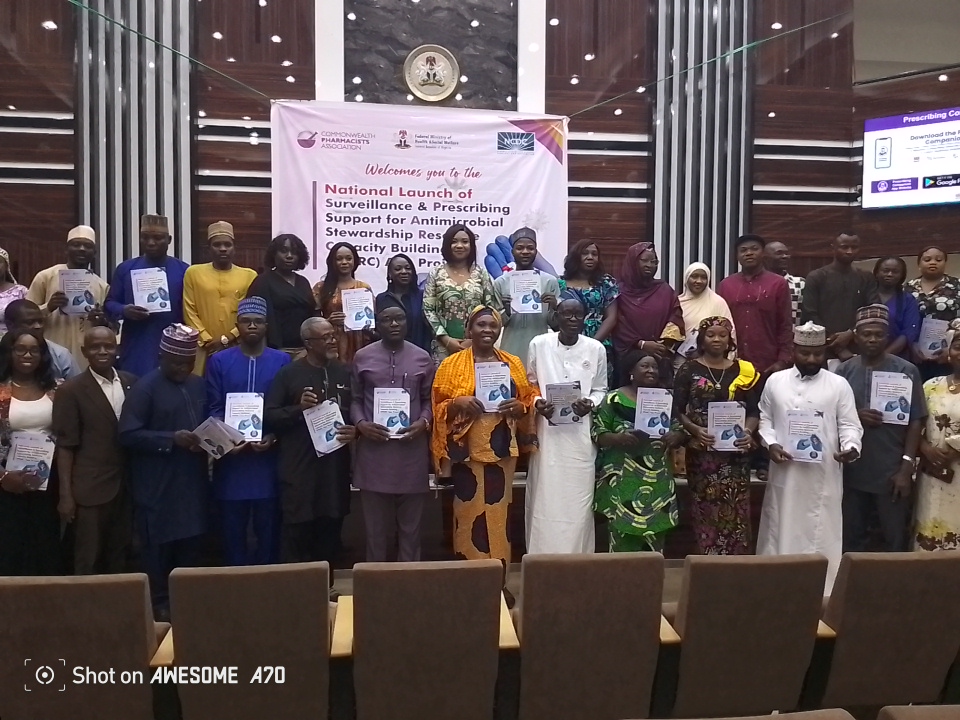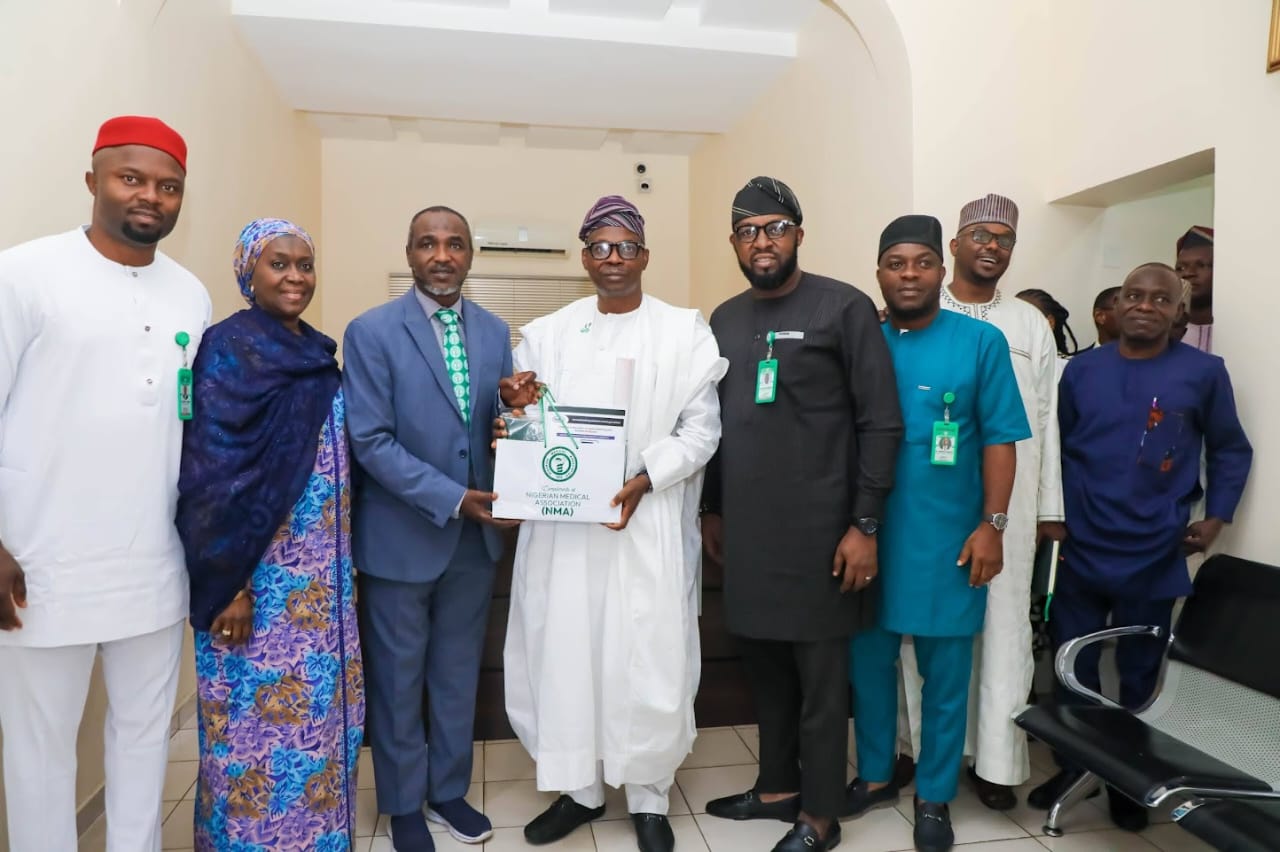Stakeholders calls for resuscitation of aviation fuel pipeline to airport

Some stakeholders in the aviation ecosystem have called for the resuscitation of the Atlas Cove Jet A1 pipeline to reduce cost of aviation fuel, cut operational cost for operators and remove about 100 trucks from Lagos roads.
They made the call at the CITA Energies Colloquium with the theme: Aviation Fuel Business in Nigeria: the Scenario and the Metaphor, on Thursday in Lagos.
The Chief Executive Officer of CITA Energies Ltd., Dr Thomas Ogunbangbe said that there was a need for government to work with the public so as to be able to revive the 98 kilometer pipeline.
Ogunbangbe said that the pipeline was installed way back in 1998 from Atlas Cove, through Mosemi through Ejigbo Depot to the Lagos Murtala Mohammed International Airport.
According to him, the pipeline is still usable, and if street pressure test and pegging is done, in conjunction with the private sector, the pipeline can be revived we can revive this pipeline.
“This will definitely take not less than 100 trucks away from Lagos Road on a daily basis and of course.
“I mean, if we are able to restore this, it also goes with having vessels coming to Bath in Nigeria, instead of going to Togo, where we spend millions of dollars on a monthly basis, I mean, to be able to freight our product from Togo to Nigeria.
“So it’s also like a cascade of effect on its own and there’s a lot of leakages everywhere.
“This initiative was put together by Federal Government agencies and if we come together to be able to revive this 90-kilometer pipeline, with the refinery that is functioning, it will be a lot of cost cutting,” he said.
According to Ogunbangbe, if aviation fuel products is freighted from Dangote Refinery to Lagos Airport, is an average of 15 naira on one liter.
“So basically speaking, I feel, this alone will reduce the cost of aviation fuel by not less than 30 to 40 naira a liter.
“Which is going to be a lot of relief even to the airlines and also to the passengers and this will even help to recruit even more people to the flying hub.
“It is a whole lot of opportunities that we can enhance and of course, I mean, restoring Nigeria back, it won’t be like we are enriching other systems,” he said.
Speaking on the cost of Bringing aviation fuel, Ogunbangbe said: “Bringing the products costsl an average of 500,000 dollars to bring your vessel to bath.
“And, of course, if we need to spread that on the number of liters, it comes to some reasonable number per liter. So, all of this come into the cost that is on the floor.”
He also spoke on the impact of the Dangote refinery on the sector.
“Dangote Refinery has been a blessing so far in terms of availability, but basically in terms of pricing, maybe not yet. The pricing is not in any way different, I mean, from what it was when you import.
“Maybe for some other companies still, they still import because they get a better deal and they are able to land cheaper. And that is the reason, if you look at it,” he added.
Ogunbangbe also gave an overview of the industry
In his keynote address, Dr Richard Aisuebeogun, former Managing Director of the Federal Airports Authority of Nigeria (FAAN) commended governments effort by creating the enabling environment for a private entity to build such a humongous refinery.
Aisuebeogun, who is also the Co-founder Geometric Aviation Synergy Services Ltd., urged stakeholders to patronise indeginous refineries such as the Dangote refinery.
Speaking on regulation, Aisuebeogun said: “Part 18 of the Nigeria Civil Aviation Authority (NCAA) regulation, clearly says that you cannot set up a depot that does not have a storage retention capacity of at least seven days minimum.
“That is exactly what the government needs to let the marketers know, or the jet fuel sellers know. In addition to that, we are saying that NCAA should go beyond what Part 18 is saying.
“Also, you must have certified operators in the industry. NCAA must certify those who are operating. They must license. Of course, NCAA is granting permits for depots now.
“But beyond depots itself, individuals who operate must also have permits system,” he said.
He also spoke on collaborations stating: “We must learn to collaborate that is the next frontier for everyone who wants to succeed in any business the government has done its parts.
“Operators now, between the airlines and the marketer, must collaborate and the only way we can collaborate is especially in areas of pricing so the the airlines must be willing and ready to sit down and negotiate price.
“Just as the marketers will always negotiate price with the producers the refineries also beyond that is the fact that the players must learn to always hold consultative meetings in terms of synergy.
“So that they can define exactly what the problems are and how to solve them it’s only when we all sit together and discuss between government and private enterprise that we can know where the pain is,” he added.
Aisuebeogun call for investment in sustainable aviation fuel, priorities quality and safety compliance, build a base model among others.
Speaking at the Colloquium, the Minister of Aviation and Aerospace Development, Mr Festus Keyamo, SAN, said that aviation fuel sat at the very heart of airline operations.
Keyamo was represented by the Director of Public Relations and Consumer Protection, Mr Henry Agbebire.
Commending CITA Energies, Keyamo said that the the theme of colloquium, was clever, timely and thought-provoking, touching on critical determinants of efficiency, affordability, and sustainability in our aviation ecosystem.
“It does not only represent a key cost driver for airlines but also a strategic index of national logistics and economic vitality.
“The “scenario” reminds us of the present realities: fluctuating prices, supply vulnerabilities, and infrastructural challenges; while the “metaphor” calls us to look beyond the surface.
“As a ministry, we remain committed to policies and partnerships that will ensure the availability, accessibility, and affordability of aviation fuel.
“We are equally focused on promoting dialogue between government, oil marketers, and airline operators to create a fair and transparent fuel supply chain that supports both economic sustainability and operational excellence.
“This conversation today is more than an analysis of challenges; it is an opportunity to shape solutions. I encourage all participants to speak freely, think boldly, and help chart a course that will make Nigerian aviation stronger and more sustainable,” he said.
In his welcome address, Mr Chris Ndulue, Managing Director of Ndano Energy said that airlines were not growing and called on NCAA to focus to. The wider implication of taking fuel to airports.
Ndulue worried about the number of aviation fields, marketers and airlines.
“The keynote speaker mentioned that we are a country with 36 aviation field marketers and eight airlines so that’s something to worry about it means that those 36 marketers will be underfed.
“It means that those 36 marketers will be weak and the financial health that is required to provide a safe and secure aviation fuel services that is exactly what the situation present itself.
“There is need for cooperation and that cooperation means that people need to come together to strengthen the companies, strengthen these aviation field marketers,” he said.
COP30 to Strengthen Nigeria, Brazil Climate Alliance – Says Environment Minister
He also advised on quality of aviation fuel regulated by the NCAA.
Recall that the stakeholders from airlines, airport security among others during a panel session at the Colloquium discussed on: “The Aviation Fuel Business in Nigeria – Reality Check and Strategic Reforms in the Aviation Fuel Ecosystem”.





